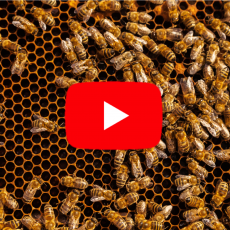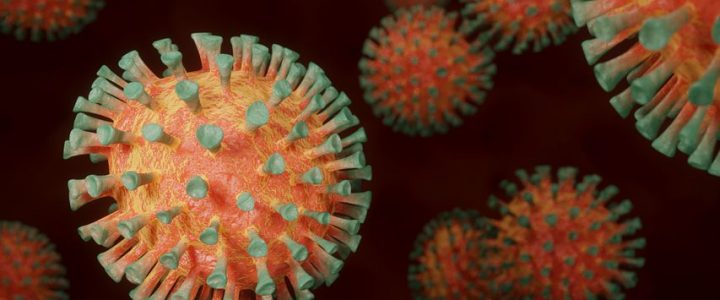
We’re at home. We’re watching too much tele. We’re probably eating way too much sugar. We’ve seen some pretty outrageous images to show #natureishealing, like dolphins frolicking in the canals of Venice (spoiler: it was fake). This COVID-19 business is a pretty big downer. But… we do have some good news to make us feel somewhat more optimistic about the future on Planet Earth.
A poll was recently commissioned by Avocado Green Mattress, and carried out by OnePoll, that has provided results to give heart and hope. Just as an aside, I recently came across the phrase “muscular hope”, and I love it! It’s not just hope – it’s hope tied to action and therefore it’s hope which has strength. That’s what I’m after!
They surveyed 2,000 Americans in relation to their stance on all things environment and sustainability. Here are the most important bits:
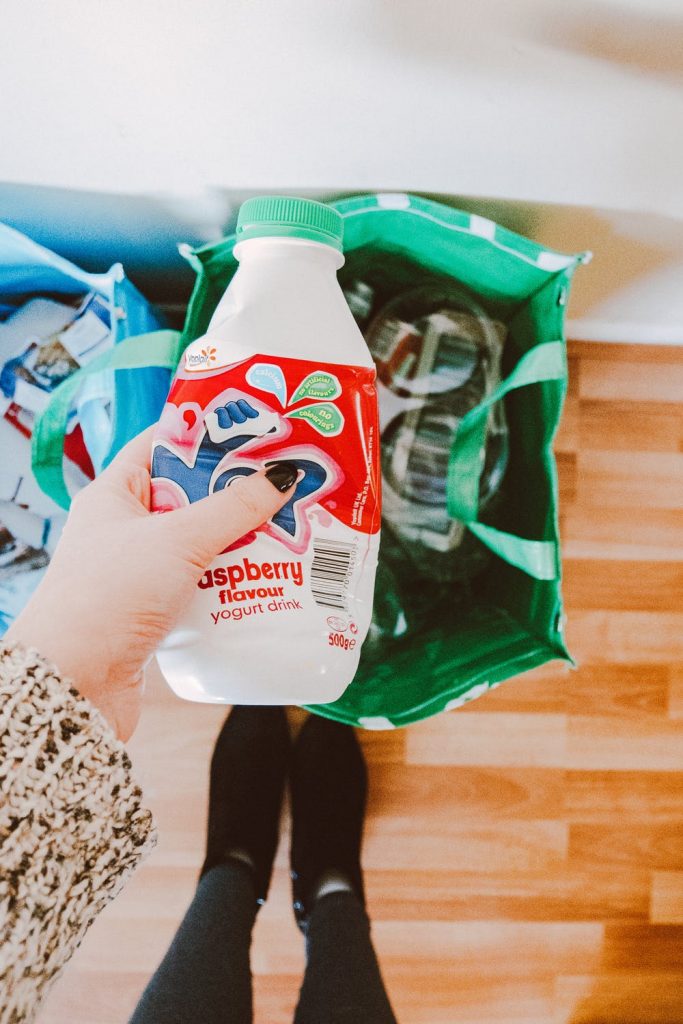
* 64% of respondents have had an ‘eco wake-up call’ during the COVID-19 lockdown period, with the realization that they should be more eco-friendly.
* 55% said they are recycling more.
* 43% said they are using paper products more mindfully.
* 44% said thay have reduced the amount of food they waste (for reminders on how to accomplish this, check out our previous piece with tried and tested methods to #stopfoodwaste here).
* 37% said they will compost more often.
* 38% are being more careful about where they purchase meat, but moreover 58% have actually reduced the amount of meat they consume.
* 66% have begun to question the ethics behind animal livestock trade, in relation to treatment of the animals.
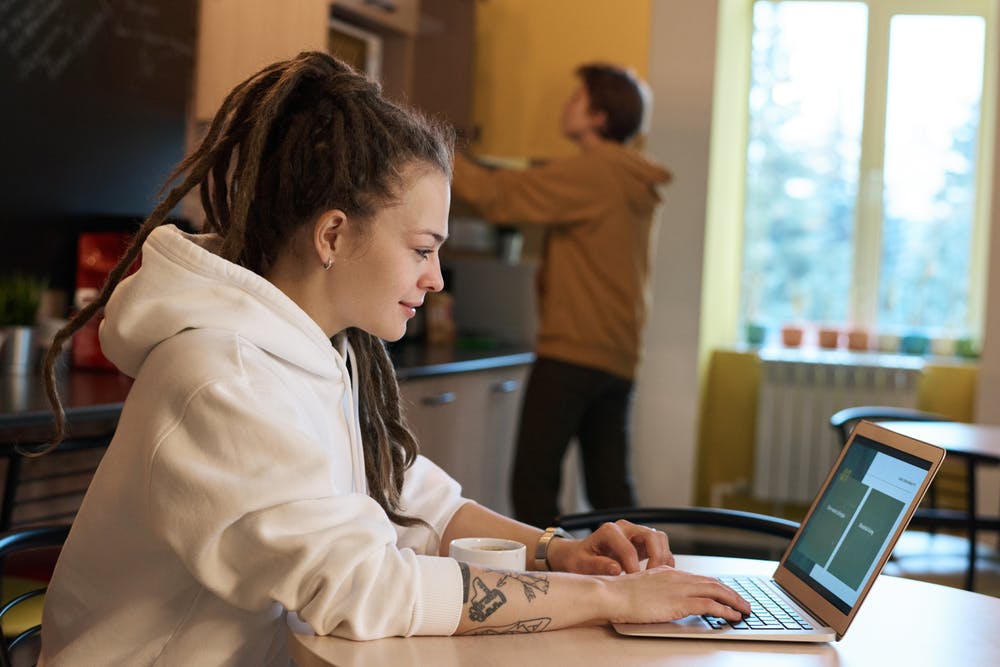
* 79% of respondents said they are now more cognizant of the connectedness between people and planet.
* 42% said that even when their offices reopen, they plan to work from home one day per week to save the carbon footprint from their commute.
But my favorite finding of the survey:
* 81% of people said they were planning to keep their newfound eco-friendly habits even after the pandemic!
THIS is what excited me most when I read about the poll.
Many of the findings make perfect sense for the current situation we’re in, and we probably wouldn’t have expected anything else. But it’s great to see stats in black and white.
I think the most obvious actions people have taken are in relation to their meat consumption. The World Health Organization has suggested that COVID-19 originated from bats. They believe it is unlikely that the disease transferred to humans directly from bats however, suggesting the disease was passed on via an intermediate source, like a wild or domesticated wild animal. This intermediate source has yet to be identified, so one can readily understand some people choosing not to partake in carnivorous activity right now. And again it’s not really a surprise that those who are ingesting it may be looking to identify exactly where the meat came from before it landed on their plate. Because let’s not forget that in the United States, Australia, Ireland and Germany, there have been COVID-19 hotspots in many meat processing plants.
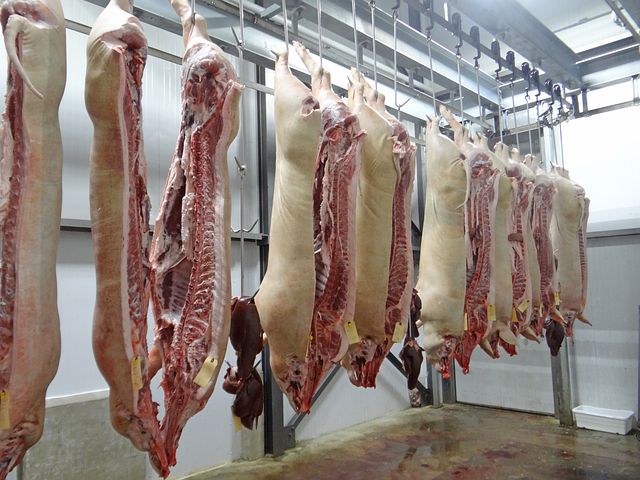
The uptick in recycling and reduction in food waste could come down to people having a little more time on their hands at present. So sorting and rinsing their recyclables might not be seen as inconvenient as it was a few months ago. My theory on the decrease in food waste is two-fold: firstly, people have more time to be more creative with their cooking, which includes utilizing leftovers and preparing things like stock, from-scratch; but perhaps more likely as the reason for this change is that we’re all suddenly a little concerned about accessing food. Whether that’s through not being permitted to go to the store, or the shelves being bare when we get there, for most people in the Global North, food insecurity is a pretty new fear to have.
From all of the negativity and worrying and death which is penetrating most of the globe, we can take small comfort from the results of this survey. The despair which millions of people find themselves in at the moment is in fact an opportunity. I’m not too insensitive to think that those suffering from great loss, in any form, can look at things this way — but for the fortunate remaining billions who are affected in as much as ‘worry’, this time is one of reckoning. A turning point. A pivotal moment in history. A fork in the road. And all the other clichés which refer to key decision-making moments. The loss of life and change to our norms came out of nowhere with this thing. We were completely blindsided. So in addition to grief, we’re still reeling from the shock of it. The climate crisis on the other hand, is no shock to anyone. It’s a storm which as been brewing for decades, inching ever closer. Imagine how much better we’d deal with the life-altering changes we’ve already implemented, if we could have done it in a planned fashion?
So when 81% of 2,000 people say that they are willing to keep up the positive eco-friendly changes they’ve discovered throughout this time, you bet I’m going to take that as a win! It’s up to us, those who may have already been doing a little bit of eco-friendly stuff, or those brand new to it all, to turn that into 81% of 300 million, and then 81% of 3 billion. We must keep talking about the climate crisis and the horrors it has in store for us if we don’t stick to the huge changes we’ve worked into our lives — which 6 months ago we thought were unachievable, but have had fantastic positive effects on our environment! We must acknowledge that the changes weren’t actually as bad as we imagined, so we can make sure they, and hence the positive environmental responses we’re seeing, are not temporary.
We can do this!


